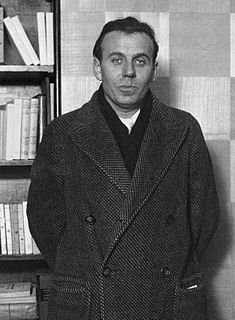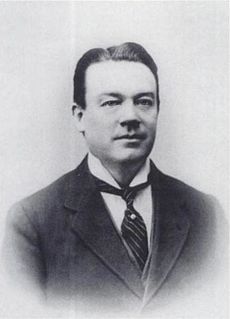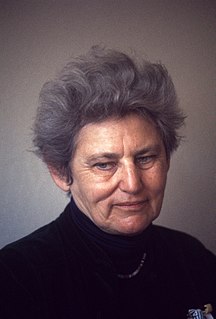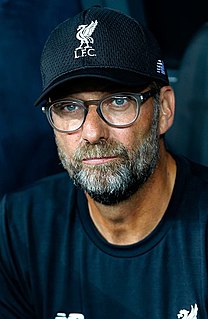A Quote by Thomas Jefferson
Related Quotes
Never use a metaphor, simile, or other figure of speech which you are used to seeing in print. Never use a long word where a short one will do. If it is possible to cut a word out always cut it out. Never use the passive voice where you can use the active. Never use a foreign phrase a scientific word or a jargon word if you can think of an everyday English equivalent. Break any of these rules sooner than say anything outright barbarous.
Obviously, ["Fences"] is a character-driven piece in every sense of the word, and Denzel [Washington] knows the actor. He gave us two weeks of rehearsal. He is a truth teller, and he is a truth seer. So he knows when something is not going in the right direction, and he will call you on it. But, he knows the word to use to unlock whatever is blocking you. So I think he's fabulous and he's a teacher.































